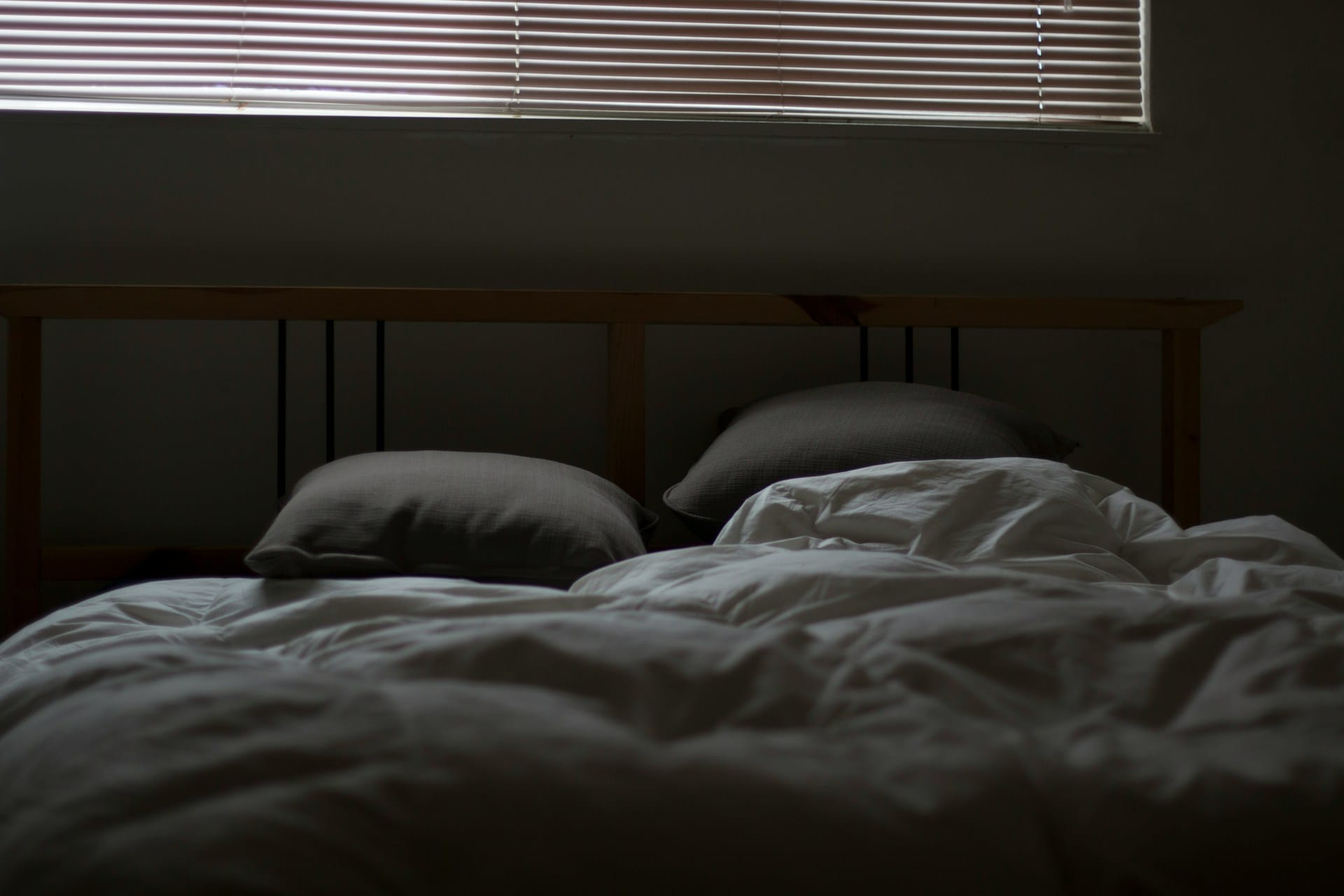Men often have particular ways of dealing with depression that are different from how women, teens, and children deal with depression. Men tend to bottle up their feelings, withdraw from friends and family, and seek out escapist coping behaviors, like playing video games, binge drinking, or watching excessive amounts of sports.
These coping methods may feel helpful in the short term, but they might be damaging to a man’s relationships, profession, and long-term mental health.
There are different types of depression and varied reasons for experiencing it, but all types are treatable through a combination of therapy and medication. Here are some tips for men to identify depression, and then to know how to cope with it. Keep in mind that all the personal effort you put into coping with depression could be supplemented with professional help from a counselor or therapist.
Stop and self-evaluate
 Research shows that most men become depressed through over-extending themselves. Most of us want to just keep going, but you can’t run on fumes forever. No matter the pressure that is on you at this current moment, it is always a good idea to take some time to check in with yourself, even if it is only a few hours at the end of the day.
Research shows that most men become depressed through over-extending themselves. Most of us want to just keep going, but you can’t run on fumes forever. No matter the pressure that is on you at this current moment, it is always a good idea to take some time to check in with yourself, even if it is only a few hours at the end of the day.
You might be depressed if you are experiencing uncharacteristic emotional outbursts, have trouble sleeping, have constant thoughts of wishing you were away from your current situation, or are experiencing constant physical exhaustion.
When the things that used to bring you joy or a sense of fulfillment no longer have the same effect, that’s often a clear sign that you are dealing with depression. You might not even know it until you stop and consider how you are doing below the surface.
Get balance
Men tend to use escapism to avoid problems. Deep down you may know that something isn’t right, but instead of facing it, you throw all of your energy into trying to counter it or ignore it. Pay attention to any excessive or obsessive parts of your routine and try challenging yourself to do something different.
You might have heard it said that routines can become rut-ines, meaning endless repetition can get you into a rut. Depression often saps energy. It can make small, everyday tasks like self-grooming and physical health seem like obstacles. Letting our physical well-being slide affects our mental health because they are both connected.
If you find that you have a lack of energy to spare for everyday tasks, you might want to change your diet and daily routine. Eating healthy and forcing yourself to do as little as seven minutes of exercise daily can impact your mental health tremendously. These actions will not save you from depression, but they can help you cope with it for a short time.
More help for depression
Ultimately, we all need help occasionally. There is nothing weak or shameful in reaching out to others when it feels like we can no longer cope. Jesus Himself said, “Come to me all who are weak and weary, and I will give you rest.” (Matthew 11:28, NIV).
For this reason, if you think you are displaying signs of depression or burnout, you should get counseling from a professional. Feel free to reach out and contact us today at Grapevine Christian Counseling in Texas. We can connect you with a long-term counselor in Grapevine, Texas who can work with you to overcome the debilitating effects of depression.
Photo:
“Alone”, Courtesy of Stefan Spassov, Unsplash.com, CC0 License
- Kate Motaung: Curator
Kate Motaung is the Senior Writer, Editor, and Content Manager for a multi-state company. She is the author of several books including Letters to Grief, 101 Prayers for Comfort in Difficult Times, and A Place to Land: A Story of Longing and Belonging...
DISCLAIMER: THIS ARTICLE DOES NOT PROVIDE MEDICAL ADVICE
Articles are intended for informational purposes only and do not constitute medical advice; the content is not intended to be a substitute for professional medical advice, diagnosis, or treatment. All opinions expressed by authors and quoted sources are their own and do not necessarily reflect the opinions of the editors, publishers or editorial boards of Stone Oak Christian Counseling. This website does not recommend or endorse any specific tests, physicians, products, procedures, opinions, or other information that may be mentioned on the Site. Reliance on any information provided by this website is solely at your own risk.





